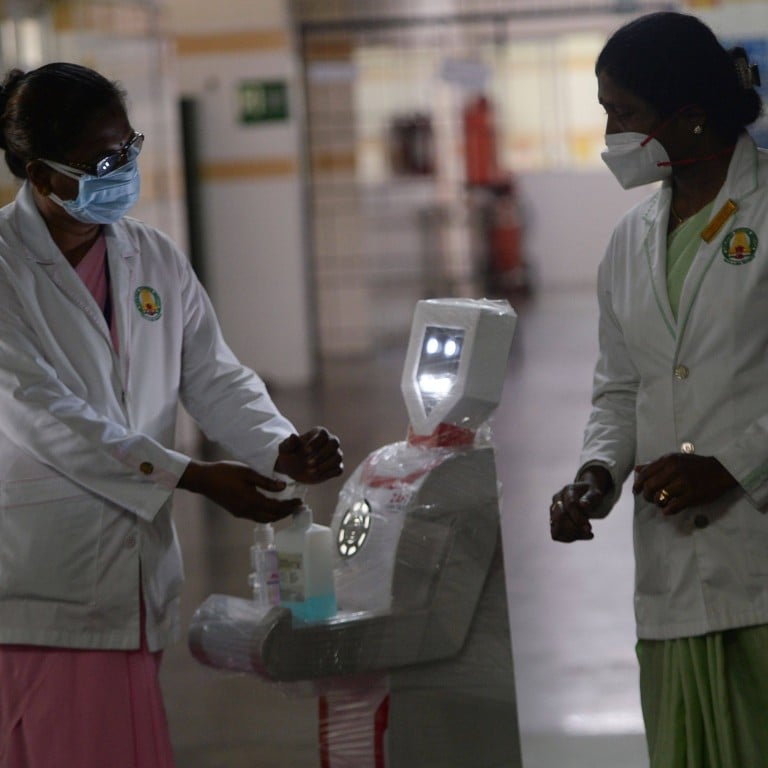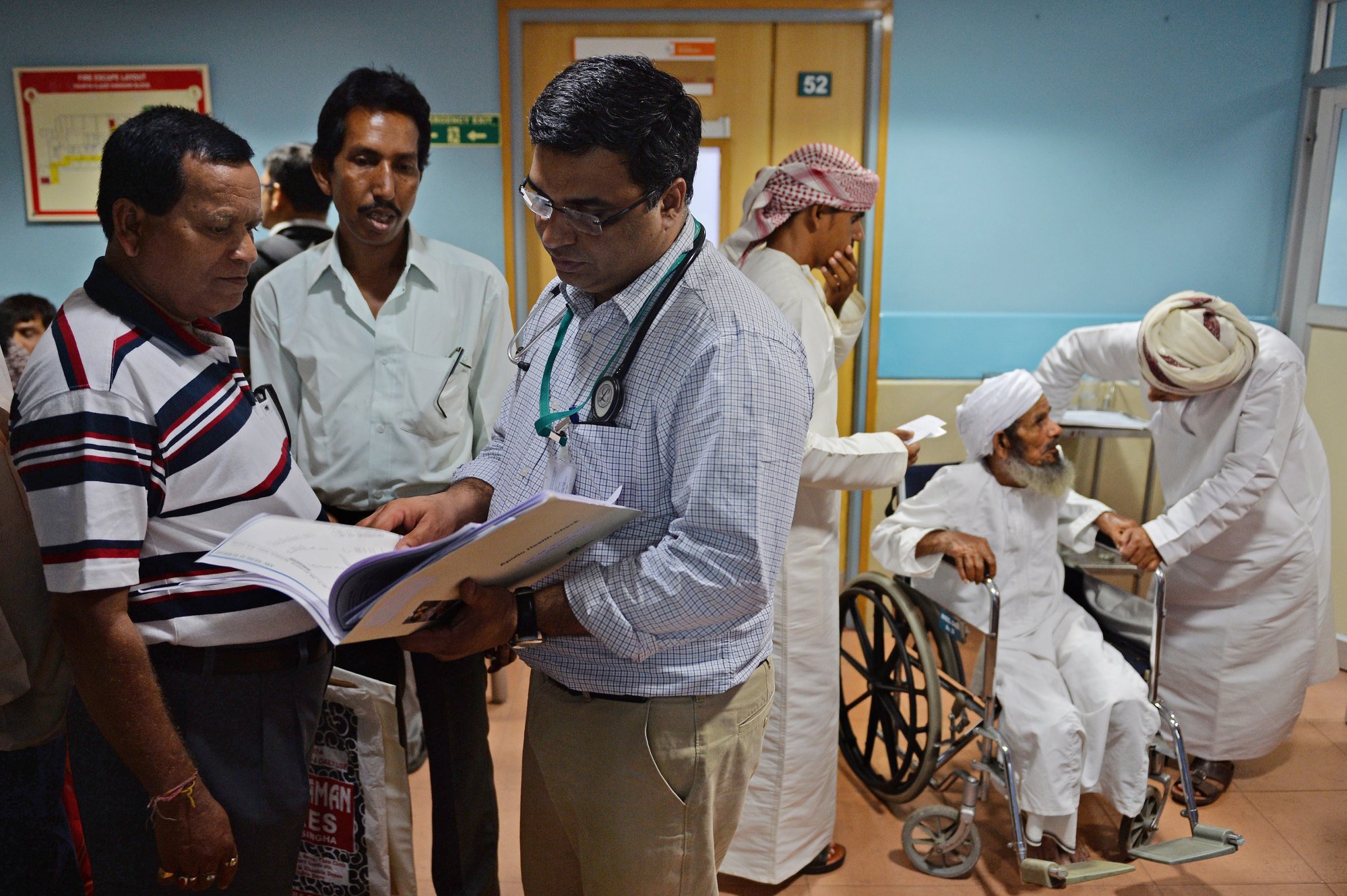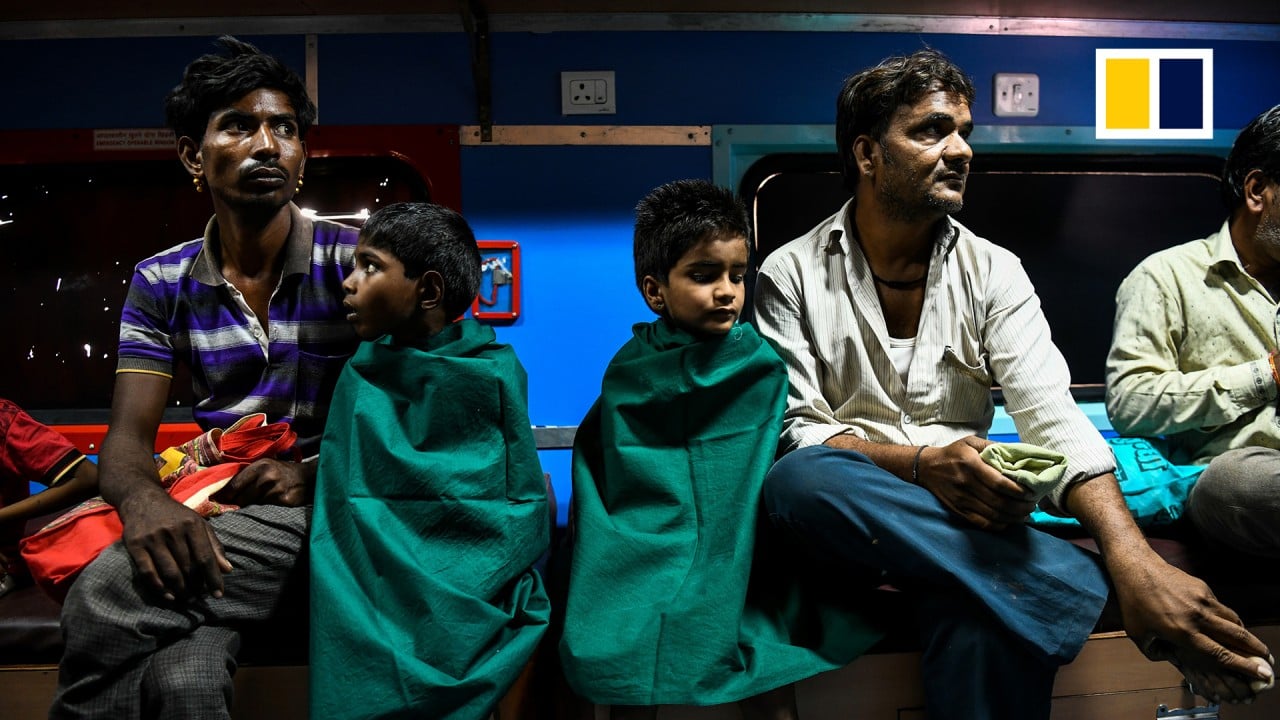
Is South India’s Chennai Asia’s next big medical tourism hub?
- Low cost, short waiting times, world-class infrastructure and skilled practitioners are some push factors for the city as a medical tourism hub
- But some critics point out that Chennai’s push to cater to foreign patients has resulted in neglect of healthcare services especially for low-income Indians
“India and Chennai in particular are fast becoming a medical hub for international patients mainly because of the high quality medical facilities available at a fraction of the cost compared to the Western world,” said Chennai-based ophthalmologist Dr C Senthil Nathan.
Other factors for the popularity of the city as a medical hub include high success rates and short waiting times, he added.
Singapore’s loss is Indonesia’s gain: local hospitals grab health tourism pie
Medical treatment in Chennai costs significantly less than in developed countries, about one-third of costs in those nations, particularly given India’s production and access to generic drugs. “This, combined with the city’s reputation for high-quality medical care, has made Chennai a popular destination for medical tourism,” said Dr Senthil Nathan.
For example, according to India’s public policy think tank NITI Aayog, a heart bypass surgery that can cost as much as US$26,000 in Western countries could cost just US$7,900 in India.
Medical tourism in the country received a further boost in 2018, when the Indian government established a fund of US$641 million to improve service sectors, with health tourism among them. In 2020, India ranked 10th in the global medical tourism index, an industry estimated to be worth US$53 billion globally by 2028.

The return of the Indian diaspora doctors from abroad has also raised the quality of health services in the country. Many Indian doctors, such as Chennai-based neuropsychiatrist Dr Ennapadam S Krishnamoorthy, have returned from Europe, the UK and the US, drawn by higher living conditions and improved medical technology at home.
“I saw India and Chennai as a land of emerging opportunity and recognised the West could have a glass ceiling on career growth,” he said.
Many Indian doctors abroad, increasingly challenged by strict healthcare regulations on practitioners, also relocated back to India to work in corporate hospitals in Chennai that offer high salaries and world-class infrastructure.
“Doctors who return often succeed if they adapt to the work culture and environment, very different from the West,” Dr Krishnamoorthy added.
The doctor is incoming: will Singapore’s bid for India, UK talent hurt locals?
“Chennai is home to some of the best hospitals and medical facilities in India, many of which are accredited by international organisations. These facilities offer state-of-the-art technology and equipment, as well as highly trained and experienced medical staff,” said Dr Venkatesh Munikrishnan, a colorectal surgeon at Apollo Hospitals.
He also pointed out that the city is known for its expertise in areas such as cardiology, oncology, orthopaedics, and transplants.
Hospitals such as Apollo have also established partnerships with international insurance companies that help patients cover their medical costs. Most hospitals now have a dedicated international wing that works with travel agents and homestay programmes to provide a complete, door-to-door experience.
“Chennai was one of the original hubs in India for medical expertise even in the 1960s and 70s. Eminent doctors like Dr Mahadevan (author of the classic textbook of surgery), Dr B Ramamurthy (Asia’s first neurosurgeon) ensured that, as did the presence of three of the oldest medical colleges in India,” said Dr Krishnamoorthy.
The establishment of Apollo hospital, India’s first “corporate hospital”, in the 1980s also boosted Chennai’s status as a hub for medical tourism, and the “leadership position [of the city in medical tourism] is likely to continue”, he added.
But the city’s push to cater to foreign patients has also come under fire from locals. Many low-income Indians often struggle to afford any form of healthcare, with public services generally poorly funded and private services too costly.
Many experts feel that medical tourism is unethical and is developed at the cost of the country neglecting basic healthcare for citizens.
K Srinath Reddy, cardiologist and head of the Public Health Foundation of India, said to India’s Economic Times that the government’s proposed expansion of medical facilities for tourists is a bad idea.
“If a foreigner wants to come to India for some special treatment, that’s fine. But we must not build up our facilities mainly to treat patients from abroad. We first need to ensure that our own healthcare requirements are efficiently and equitably met.”


